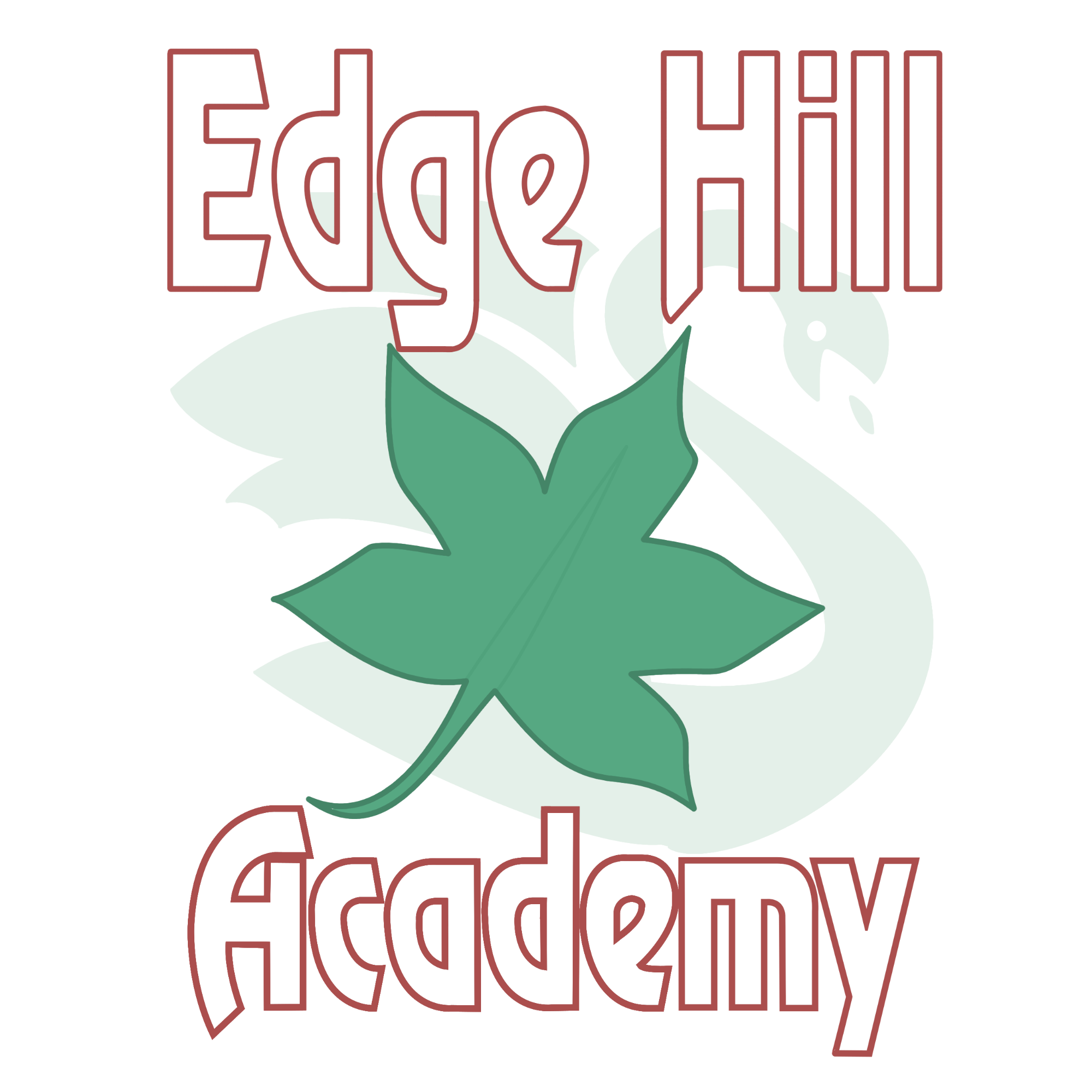Modern Foreign Languages
At Edge Hill Academy, we teach a foreign language to all of our children from years 3-6. We believe that the learning of a foreign language provides a valuable educational, social and cultural experience for our pupils. It helps them to develop communication skills, including key skills of speaking and listening and extends their knowledge of how language works. Learning another language gives children a new perspective on the world, encouraging them to understand their own cultures and those of others.
At Edge Hill, we learn French as our Modern Foreign Language (MFL) and our curriculum is based on the Rigolo scheme of work. This has been chosen for its clear development and progression of vocabulary throughout years 3 – 6 and with a wide range of activities linked to speaking, listening, reading and writing. Our lessons and units focus on phonics, vocabulary and grammar and are based on the content of the National Curriculum.
At Edge Hill, MFL lessons are delivered on a weekly basis as part of a carousel process. The children receive 45 minutes of language learning a week and staff are supported by the MFL Lead to ensure consistency and confidence. Sessions begin by children reviewing vocabulary from past lessons/units as a flashback starter. They then move onto completing a short phonics activity and then look at the new vocabulary for the lesson. Rigolo stories, presentations, oracy and literacy activities are then used to explore the new vocabulary further with the children. During French sessions, children are given the opportunity to work as a class, as individuals and as part of a group. The choice of class organisation is determined by the learning task. By its nature, MFL will involve lots of speaking and listening but we also ensure reading and written tasks are incorporated into all units to help build further confidence. Written work is filed neatly into individual MFL folders.
The Impact of MFL lessons is measured by looking at content in the MFL folders, which shows written evidence of a child’s language journey. Learning walks and pupil conversations will also form the basis of monitoring outcomes.
